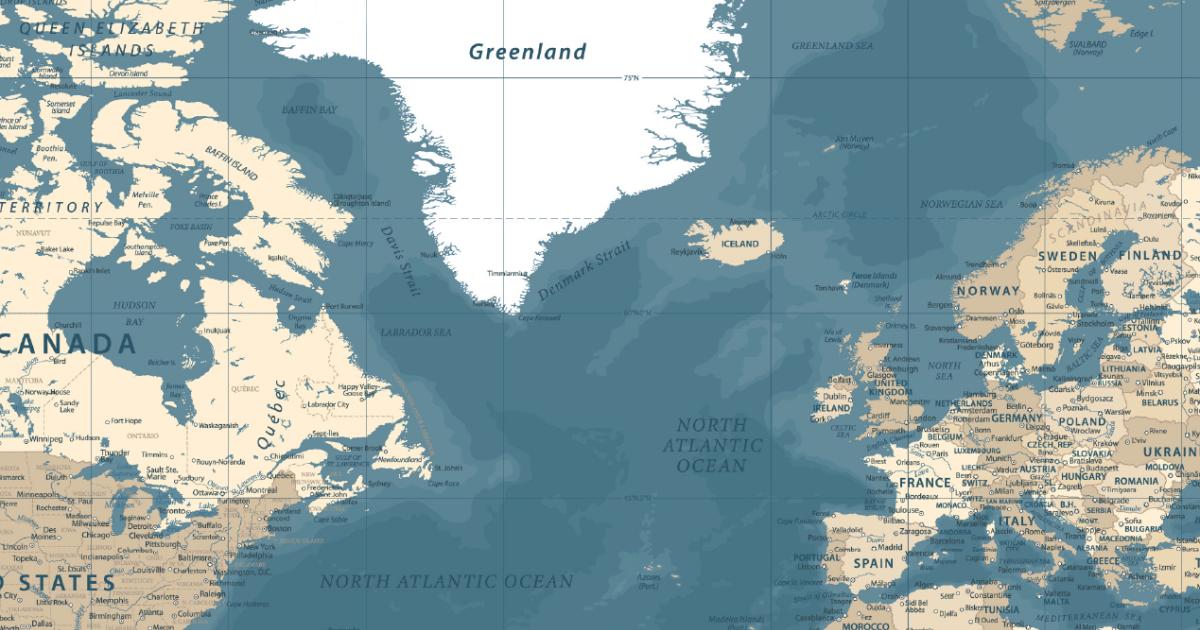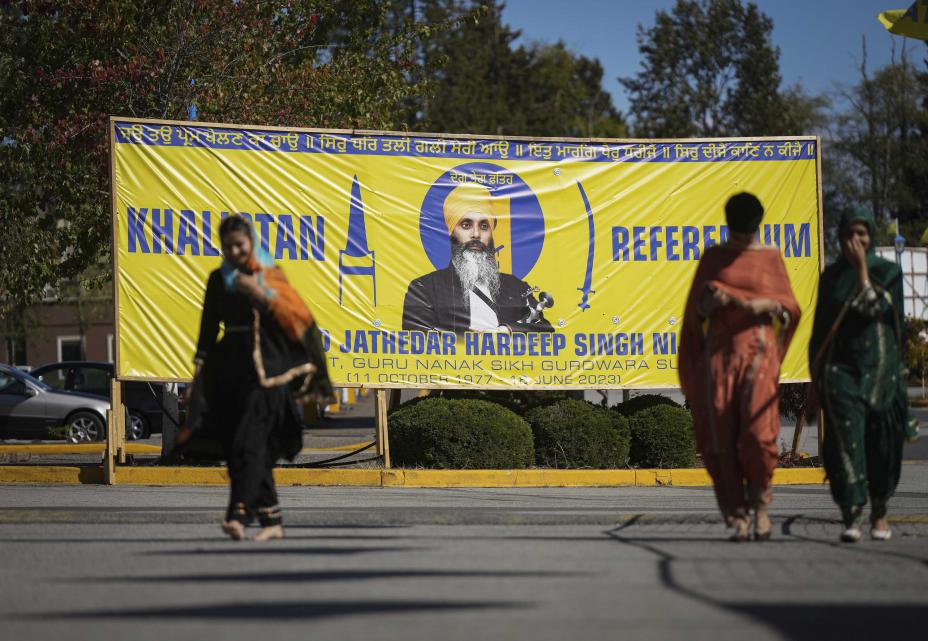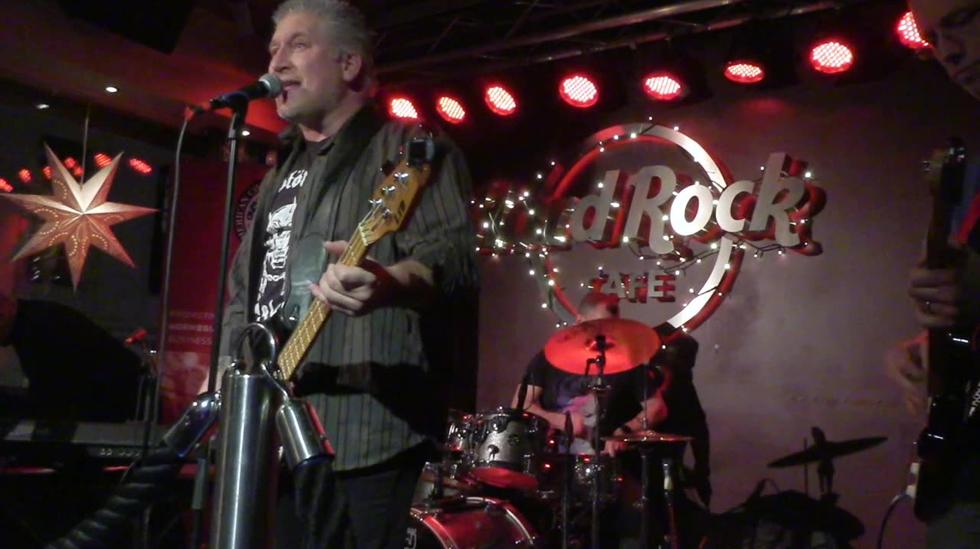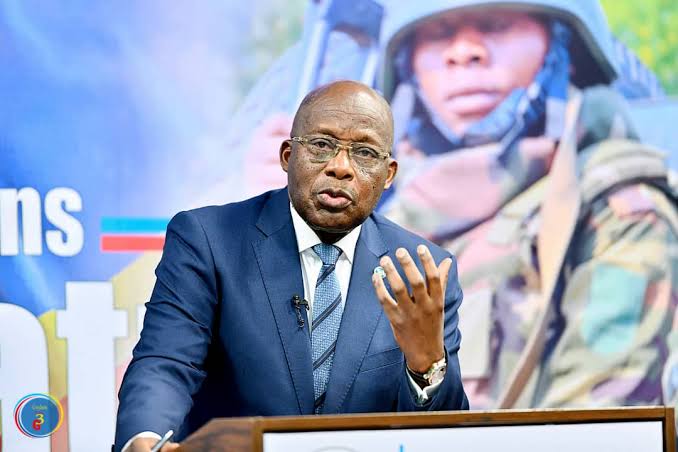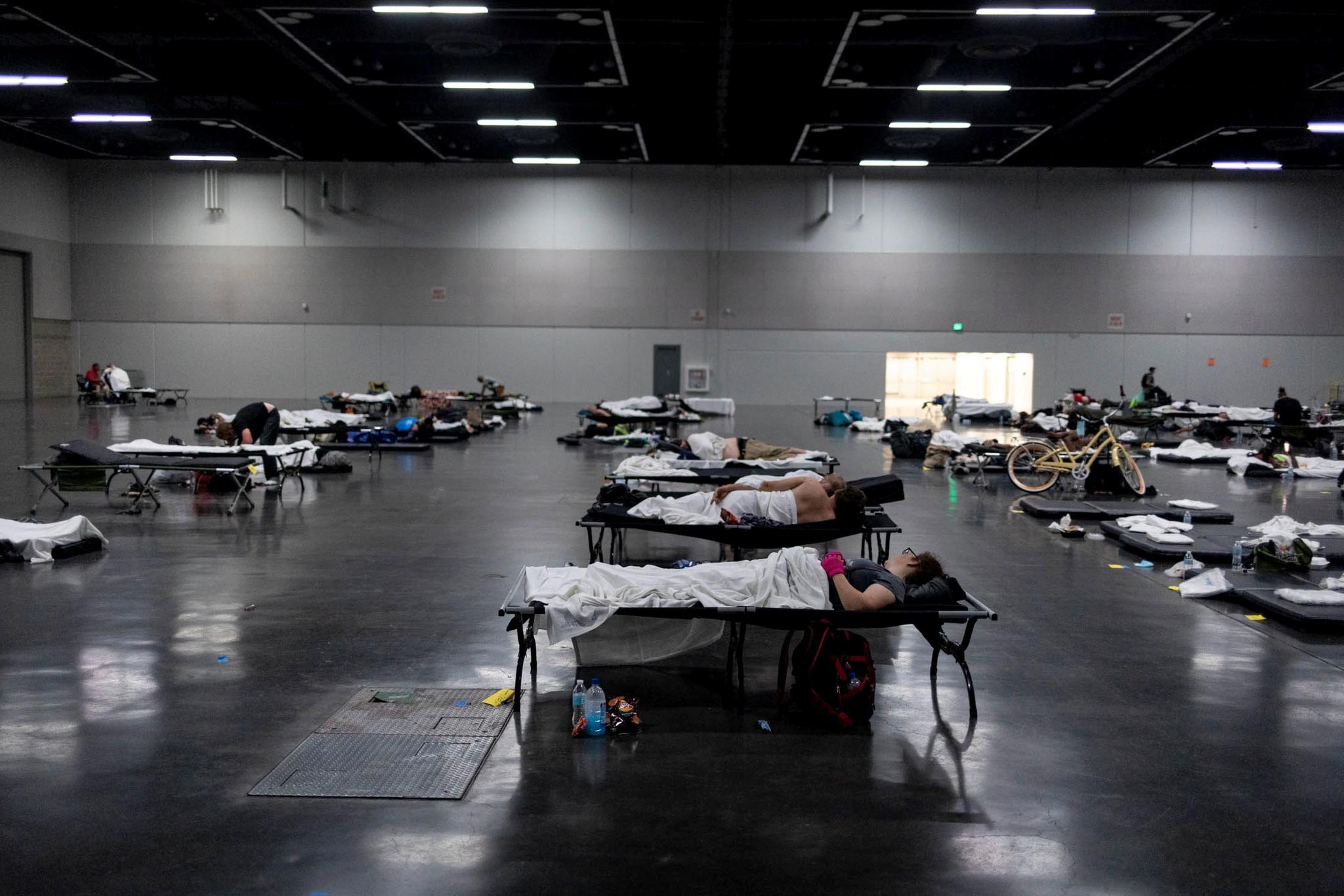The draft constitution, presented by the Greenlandic Constitutional Commission on April 28, 2023, does not explicitly mention “free association”. But in the comments to §44, the abandonment of sovereignty is open not only to international organizations, but also to other States, for example within the framework of a “free association”. And §46 describes the possibility – but also the limits – of cooperation in security and defense policy.
Mikkel Underlin Østergaard, Rasmus Leander Nielsen and Ulrik Pram Gad
RECOMMENDATIONS
■ There is a need for a more nuanced debate in Greenland about the legal, political and economic opportunities and challenges, based on the experiences of the handful of countries benefiting from free association.
■ The people and politicians of Greenland must decide for themselves what a free association agreement should contain, so that everyone can feel like an equal and independent people and at the same time, to the extent necessary, cooperate with others. others to accomplish the tasks, the population and the outside world demand of a State.
■ Danish politicians can contribute to Greenland perceiving its relationship with Denmark as more equal by participating constructively in the debate on free association and what might be acceptable to Denmark.
It is still not clear what the fate of the draft constitution will be; it will be discussed at the autumn meeting of Inatsisartut in 2024. The chances of the constitution being adopted by referendum will increase significantly if voters are clear on what agreements an independent Greenland can count on with Denmark or other countries . There could be agreements on the economy, defense, the rights of the Greenlanders. abroad, or support for social services in Greenland. However, before such agreements can be negotiated, Greenlandic politicians must make a number of difficult choices.
Free association on the agenda in Greenland since the 1990s
Free association emerged on Greenland’s political agenda in the 1990s. Official Greenlandic delegations visited the Cook Islands, which has a free association agreement with New Zealand, to seek inspiration. Once again, when the Self-Government Commission in the early 2000s considered alternatives to Home Rule, free association was high on the wish list on the Greenlandic side.
The Greenlandic desire for free association between Denmark and Greenland was slowed down during the self-government negotiations, as such an agreement could not be accepted by the Danish constitution. The Danish position was that free association had to be negotiated between two independent states, which would therefore require Greenland to become independent. This is also the starting point for Greenlandic considerations.
Since then, a number of Greenlandic politicians have continued to speak and write about free association – in polemics with Danish politicians and in the Inatsisartut debate and Greenlandic election campaigns. The common thread of the debate has been that free association is seen as a means for Greenland to be recognized as an equal.
Conflicting objectives of free association
Since their incorporation into Denmark in 1953, Greenlanders have had Danish citizenship. Greenlandic demands for free association can be explained in part by the closed, rushed and ill-informed process of Greenland’s incorporation into the Danish constitution in 1953. In a very short time only the Landsrådet was heard and the possibility of free association was considered. never presented. Without being asked in a referendum, Greenlanders received Danish citizenship upon incorporation. It may therefore seem paradoxical that until recently there was no explicit discussion about whether free association should mean that Greenlanders should no longer be Danish citizens.
FREE ASSOCIATION AS A MODEL OF COLONIZATION
In 1960, the United Nations General Assembly outlined three options for decolonization:
■ Independence as a sovereign and independent state
■ Integration into another state
■ Free association with another State.
When Greenland was incorporated into the new Danish constitution in 1953, free association was established and accepted as a model for decolonization, with several former British colonies entering into free association agreements. These countries have since abrogated the agreements and are now independent sovereign states. Five former colonies now enjoy free association and individual agreements are tailored to the requirements and needs of the former colony and the colonial power. Gibraltar and Puerto Rico, whose status is still close to that of a colony, are also discussing free association.
As a continuation of this situation, conflicting ideas arose about how free association would ensure access for Greenlanders, for example, to educational and health facilities in Denmark. Should Free Association guarantee Danish citizenship and therefore access to Danish institutions, or should Free Association guarantee special access to Greenlanders who are not citizens?
Similarly, free association has in some cases been cited as a means of reducing the role of the Danish state in the provision of social and other services in Greenland. In other cases, free association has been described as a means of providing precisely these services and of higher quality.
In some interpretations, free association has been presented as a way of giving Greenland the right to purchase and pay for certain services from Denmark. In other arguments, the aim of the model was to ensure the flow of Danish subsidies after formal independence.
An overall view is that free association will give Greenland the opportunity to participate independently in international negotiations and organizations that are most important to Greenland: the UN, the Arctic Council, the Olympic Committee and various bodies administrative authorities responsible for marine resources are often mentioned. . But when it comes to a central issue of the State such as the field of defense and security, the relationships are once again the opposite.
Some have highlighted security and defense policy as areas where sovereignty should be shared through free association. For others, the point of the transition to free association is to acquire full sovereignty precisely over these sensitive areas. The draft constitution, particularly in the area of defense and security, contains very clear limits on the manner, extent and conditions in which sovereignty can be shared or outsourced within the framework of a free agreement. association.
Possible partners
One of the cornerstones of the UN’s development of free association as a model of decolonization is that an agreement always depends on specific negotiations. There is no single model. This also becomes clear when looking at the agreements of the five countries that are currently part of the free association. The possibility of reaching an agreement depends on the extent to which both parties are willing to meet.
Free association was originally described by Greenlandic advocates as a means of ensuring good, supportive relations between Greenland and Denmark. But more recently, this model has been presented as an opportunity for Greenland to find other partners; The United States, Canada, Iceland and Norway are mentioned.
But the most obvious partner to start negotiations with will be Denmark. However, for two decades, Danish authorities have been unwilling to discuss the possibility of a free association agreement with Greenland, as this is considered hypothetical. Former Danish prime ministers have ruled out that the block grant could continue if Greenland abandons the kingdom. This position has become less consistent in recent years and the current Danish Prime Minister has refused to comment on the future of the block grant as it relates to Greenlandic independence and possible free association.
DRAFT CONSTITUTION FOR GREENLAND
(Excerpt from the remarks of the Constitutional Commission)
In §44, subsection 2…Naalakkersuisut must never cede its powers to another state or other intergovernmental organization, without always having the opportunity to exercise influence over decisions that affect Greenland and the Greenlandic people in areas where powers are abandoned.
In §46, subsection 3 The sovereignty and defense of Greenland must be ensured in such a way that the territorial integrity of Greenland is not violated, the democracy of the community is maintained and citizens can lead a secure life and full of meaning.
In §46, subsection 4…Cooperation with other states and/or intergovernmental organizations in the field of security and defense must never offend the citizens of Greenland and any delegation of competence must always be withdrawn . Naalakkersuisut must always have the opportunity to participate in decisions made regarding the defense and security of Greenland.
Security policy and security interests will be a valuable asset for Greenland in all future negotiations. The geographical location of Greenland and the evolution of relations between the great powers mean that the United States has a great interest in Greenland. The same therefore indirectly applies to NATO and Denmark. Greenland may prefer to cooperate directly with the United States rather than indirectly through Denmark.
The Pituffik base (formerly known as Thule Air Base) and the situation of Greenland between Russia and the United States mean that the United States will likely be very interested in such a deal. But the free association agreements that the United States has concluded in the Pacific, which are also primarily motivated by military interests, contain far-reaching provisions on the veto and basic rights of the United States, which do not probably not all can be respected within the limits imposed by the United States. Greenland’s draft constitution presents it in its current form.
The path to follow
Passing a separate constitution can have great symbolic and political significance. But the experience of other island communities during decolonization shows that without broad support, the process fails. Opinion polls in Greenland consistently show that there is only a majority in favor of independence if welfare is assured.
This will require clarifying the concrete agreements that Greenland wants with the outside world. And it is also clear whether Denmark or others are interested in making the deals Greenland wants. Clear answers can only be obtained by clearly formulating requests and wishes. And broad support will make it harder for Denmark to say no.

“Passionate pop cultureaholic. Proud bacon trailblazer. Avid analyst. Certified reader.”

